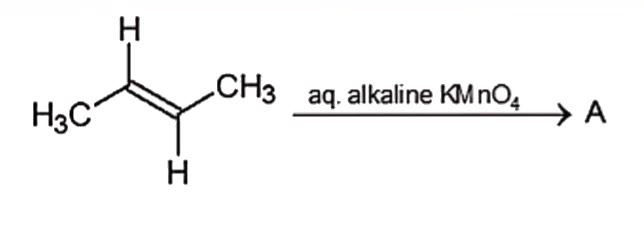Which of the following is true about fertilisation in human beings ?
Fertilization normally occurs in the ampullary region of the Fallopian tube.
Fertilization occurs about 14 days after ovulation.
Sperm penetrates oocyte only after the oocyte completes second meiotic division.
Fertilization occurs only if coitus takes place on the day of ovulation.
The correct Answer is:A
Step-by-Step Solution:
1. Identify the Statements: The question presents four statements regarding fertilization in human beings. We need to evaluate each statement to determine its accuracy.
2. Evaluate the First Statement:
- The first statement claims that fertilization normally occurs in the ampullary region of the fallopian tube.
- Analysis: This statement is true. The ampullary region is indeed the site where the sperm meets the egg, leading to fertilization.
3. Evaluate the Second Statement:
- The second statement suggests that fertilization occurs about 14 days after ovulation.
- Analysis: This statement is incorrect. Fertilization can occur several days before ovulation and up to one day after ovulation, not 14 days later.
4. Evaluate the Third Statement:
- The third statement indicates that sperm penetrates the oocyte only after the oocyte completes its second meiotic division.
- Analysis: This statement is also incorrect. The second meiotic division of the oocyte is completed only after the sperm has penetrated the egg.
5. Evaluate the Fourth Statement:
- The fourth statement asserts that fertilization occurs only if coitus takes place on the day of ovulation.
- Analysis: This statement is incorrect as well. Fertilization can occur several days before ovulation and up to one day after ovulation.
6. Conclusion: After evaluating all four statements, the only true statement is the first one regarding the location of fertilization in the ampullary region of the fallopian tube.
Final Answer:
The correct statement about fertilization in human beings is: Fertilization normally occurs in the ampullary region of the fallopian tube.
---
- The first statement claims that fertilization normally occurs in the ampullary region of the fallopian tube.
- Analysis: This statement is true. The ampullary region is indeed the site where the sperm meets the egg, leading to fertilization.
- The second statement suggests that fertilization occurs about 14 days after ovulation.
- Analysis: This statement is incorrect. Fertilization can occur several days before ovulation and up to one day after ovulation, not 14 days later.
- The third statement indicates that sperm penetrates the oocyte only after the oocyte completes its second meiotic division.
- Analysis: This statement is also incorrect. The second meiotic division of the oocyte is completed only after the sperm has penetrated the egg.
- The fourth statement asserts that fertilization occurs only if coitus takes place on the day of ovulation.
- Analysis: This statement is incorrect as well. Fertilization can occur several days before ovulation and up to one day after ovulation.
The correct statement about fertilization in human beings is: Fertilization normally occurs in the ampullary region of the fallopian tube.
Topper's Solved these Questions
- HUMAN REPRODUCTIONBOOK - AAKASH SERIESCHAPTER - HUMAN REPRODUCTIONEXERCISE - EXERCISE-II
45 Videos
- HUMAN REPRODUCTIONBOOK - AAKASH SERIESCHAPTER - HUMAN REPRODUCTIONEXERCISE - EXERCISE-III
55 Videos
- EXCRETORY PRODUCTS AND THEIR ELIMINATIONBOOK - AAKASH SERIESCHAPTER - EXCRETORY PRODUCTS AND THEIR ELIMINATIONEXERCISE - EXERCISE - III (PREVIOUS AIPMT/NEET QUESTIONS)
20 Videos
- LOCOMOTION AND MOVEMENTBOOK - AAKASH SERIESCHAPTER - LOCOMOTION AND MOVEMENTEXERCISE - EXERCISE -III(PREVIOUS AIPMT/NEET QUESTIONS)
26 Videos
Similar Questions
Knowledge Check
Which of the following is true about Suzanne?
AShe could have been happier with a little more luxury in life.BShe had a desire to leave the island when had newly reached there.CShe had abandoned life for happiness.DShe sometimes regretted her decision of choosing this man.Which of the following is true about bryophytes?
AThey possess archegoniaBThey contain chloroplastCThey are thalloidDAll of the above
Which of the following is true about a viriod
View SolutionWhich of the following is not true about helium ?
View SolutionWhich of the following is/are true about silicones.
View Solution
Which one of the following is true about this reaction ?
View SolutionWhich of the following are true about Mollusca?
View SolutionWhich of the following is true about the chromatids?
View Solution
